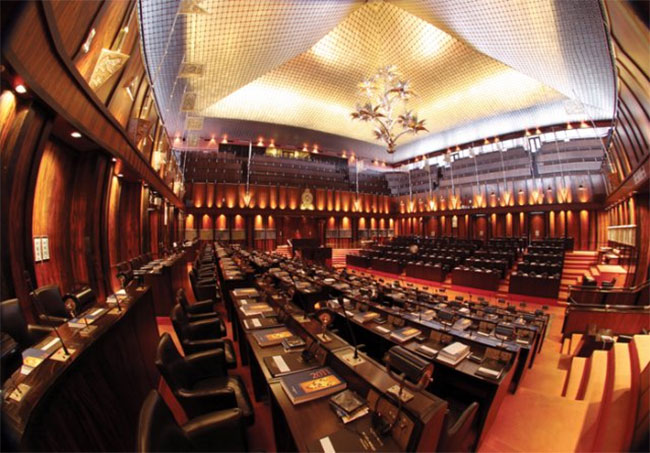Travelers booking hotel reservations online may soon notice that the process increasingly mirrors what it’s like to buy airline tickets.
Want early check-in or late check-out? More space, a higher floor or a garden view? Pool access or a “hydration station” (aka bottled water) in your room?
Check “yes” before you book and the cost will be added to your basic room rate.
How about milk and cookies for the kids or a gourmet snack box for your dog? Those bonus amenities can be waiting for you in your room, for an added, prepaid fee.
Artificial intelligence and other innovative technologies are turning hotel operators into travel retailers, selling much more than just rooms.
Individual properties can now creatively unbundle and repackage their room inventories, allowing guests to personalize their stays and increasing revenue.
But it can be tricky for a hotel to find the sweet spot between giving guests more control over the details of their stays and leaving them feeling like a hotel is charging for perks that guests expect for free.
Boutique perks
At the 14-room Lakehouse Inn in Lee, Massachusetts, a new AI-powered booking platform helps match guests with specific rooms and maximizes returns on each booking.
“Each of our rooms is unique, and previously guests could only book a room type, i.e., king or queen, and then call us if they wanted a specific room,” said co-owner Kurt Inderbitzin.
The Lakehouse Inn’s new booking platform asks prospective guests their preferred room size, bedding, location and view. Then it provides detailed photos and descriptions of a few specific rooms that meet the requests.
The question, then, becomes whether a guest is willing to pay more for a room that’s a little bit more to their liking.
Only 14% of U.S. hotel guests were willing to pay a premium for a room with a better view, and only 11% for a room on a higher floor, according to surveys conducted earlier this year by Atmosphere Research Group, a travel industry market research firm.
“I’m a budget traveler and never spend extra” on perks, said Debbie Twombly, 74, a substitute teacher in Astoria, Oregon.
While some guests may feel nickel-and-dimed if they are asked to pony up for once-standard amenities like bottled water or pool access, others will pay for amenities they view as contributing to the enjoyment of their stay.
Los Angeles-based leadership brand strategist Anne Taylor Hartzell, 50, is fine with paying extra for a better view. “I’ve also paid for a bottle of bubbles to be chilled and waiting in my room,” she said.
At the 79-room Inn at the Market, a boutique hotel tucked in Seattle’s historic Pike Place Market, hotel guests can prepay to have a bouquet of market flowers or a box of fresh macaron cookies from a bakery around the corner waiting in their rooms.
And even though only around 5%-10% of guests opt for one of these a la carte perks, the additional income is “a positive outcome” that helps the property stand out from the city’s other downtown properties, said Jay Baty, the inn’s marketing and sales director.
Columbia Hospitality, which manages about 50 unique properties across the country, has also added optional upgrades into its booking path.
Its 73-room Wren hotel in Missoula, Montana, offers flower bouquets and an in-room pour-over coffee station as pre-bookable perks.
In Walla Walla, Washington, its hip, 80-room Finch offers a s’mores kit and half-pound boxes of chocolates.
AI-powered amenities
It’s not just boutique inns that are taking advantage of new ways to create custom stays.
In 2024, more than 5,000 Wyndham hotels adopted new technology that allows properties to text guests 24 hours before check-in with locally tuned add-on offers.
These include early check-in at a Howard Johnson hotel near Disneyland, and a basket of sunscreen and beach toys at a Days Inn in Jekyll Island, Georgia.
“The most successful hotels are those offering add-ons that truly enhance the experience at a price that makes sense for both sides,” said Scott Strickland, Wyndham’s chief commercial officer.
Other large chains are also using new technology to expand optional attributes, amenities and add-on services offered during booking.
Among them are IHG Hotels & Resorts, Marriott International and Hilton Hotels, according to a closely watched global business travel forecast for next year.
A slippery slope
At a time when U.S. hotels are facing big challenges from owner rentals like Airbnb and VRBO, it can be tempting for properties to lean on new technology to offer ever more add-ons.
But this only works if hotels are prepared to deliver on all the products and experiences that technology permits them to offer to guests upfront.
“Letting guests reserve a fruit and cheese plate or rose petals on the bed upon arrival is great,” said Henry Harteveldt, president of Atmosphere Research Group.
“But it means a hotel has to make sure the cheese doesn’t look like it’s from the castaway bin at Safeway and that there are always fresh rose petals on hand and a staff member on duty who can artfully arrange them.”
Harteveldt said this means hotel owners need to ask themselves a new question: “Just because we can do this, should we?”











